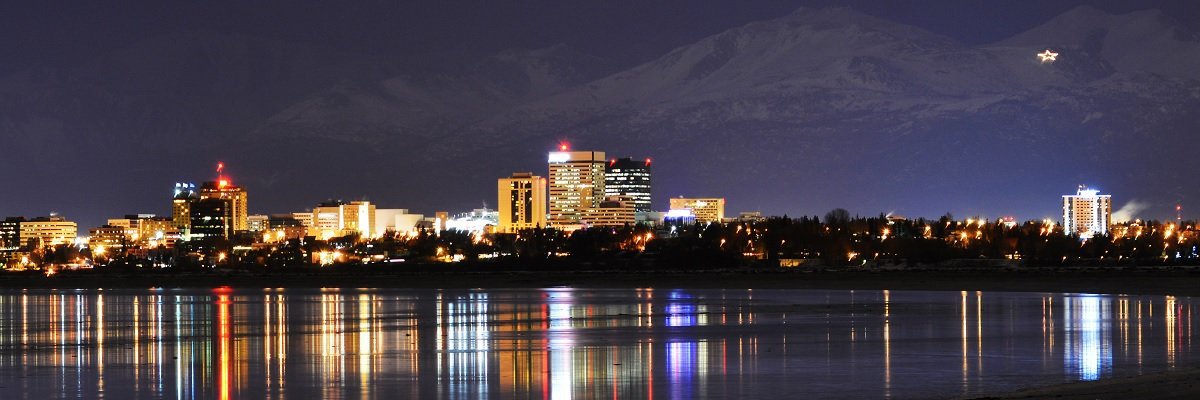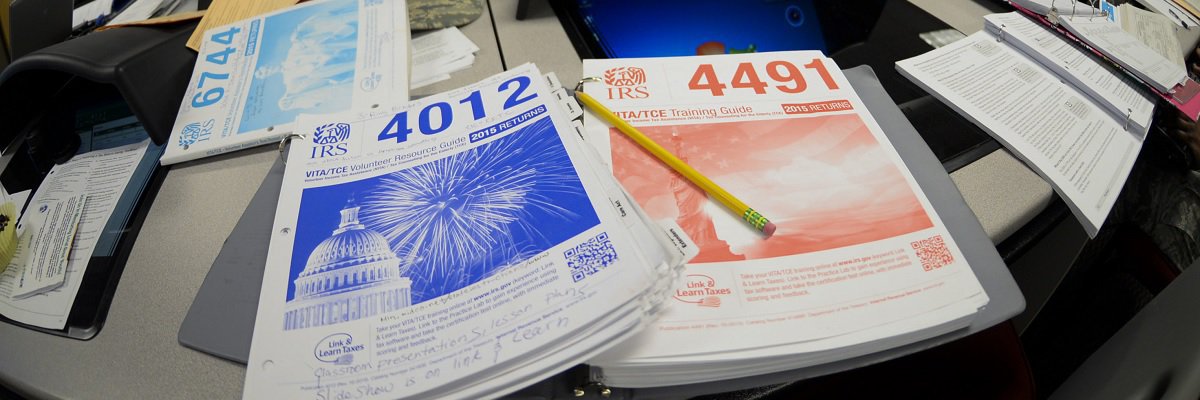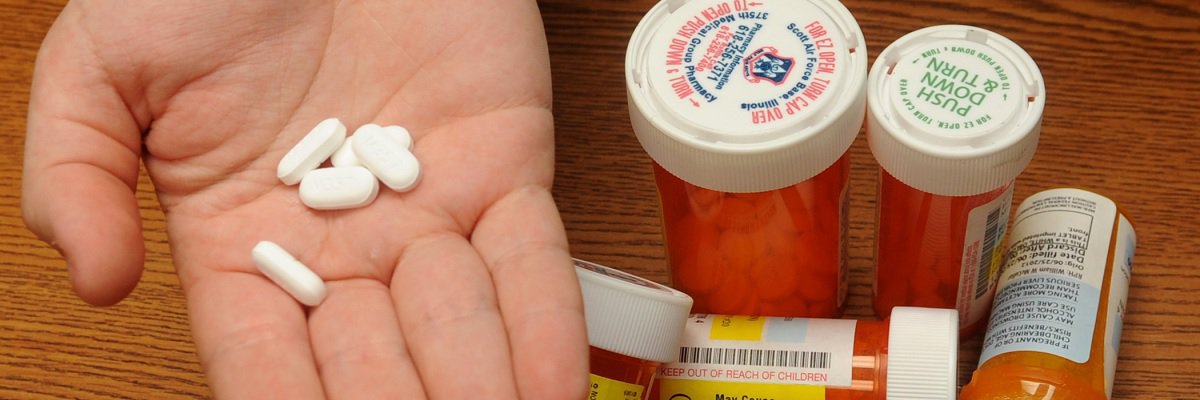Last year, data we received from the Juneau Police Department showed the city of more than 32,000 people has an incredibly large backlog of untested sexual assault evidence kits. Out of the 283 kits collected between January 2000 and October 2017, 206 were still untested.The status of three remained “unknown.”
Elsewhere in the state, Fairbanks, Forbes’s third “most dangerous U.S. city for women,” essentially blocked us from obtaining similar data by charging us a $15,000 fee for records the public has a legal right to see.
Nationwide, Alaska was one of the worst states we’ve seen in terms of both the prevalence of sexual assault and the backlog of untested sexual assault evidence. This lack of testing fuels crimes elsewhere; rapists are often serial offenders, and maintaining a strong DNA database is one of the best ways to catch and prosecute them.
Although our reporting on Alaska is often bleak, there is some good news - lawmakers in the state are taking a step in the right direction by adding $2.75 million to the budget for the testing of every backlogged kit.

After our story about Juneau, the State Department of Public Safety estimated that Alaska had more than 3,400 untested rape kits. A newly approved bill now requires this number to be reported.
Our work to track the rape kit backlog was written about in the Juneau Empire, which also published the details of the State Department of Public Safety’s report: “Anchorage has one untested kit for every 164 residents. In Juneau, it’s one for every 160 residents. In Nome, where 83 kits have gone untested, it’s one for every 46 residents,” they reported.
We’re happy our reporting has joined others in putting pressure on Alaska. Let’s hope that other states follow suit.
Image by Paxson Woebler via Flickr and is liscened under CC BY 2.0




